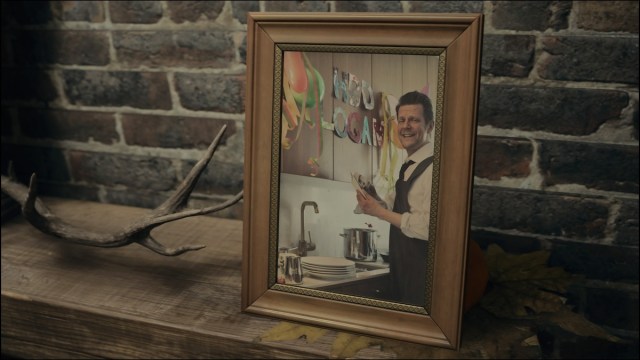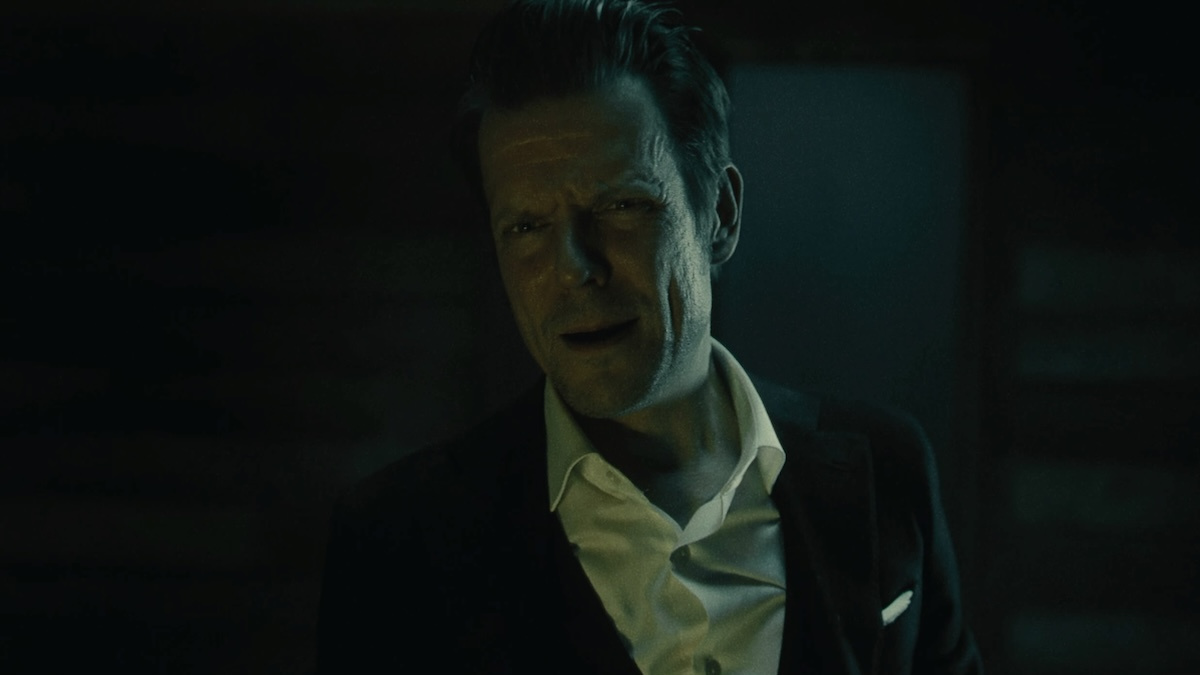Sam Lake is one of the creative powerhouses behind the eclectic masterpieces released by Remedy. If you’re trying to make sense of the Finnish artist’s incredible imagination, it would be a great idea to start by having a look at his recommended reading list, which he has recently shared.
Lake reveals that these were the books he grabbed off his bookshelf when a friend asked for recommendations. In case you’re having trouble seeing all the books, here’s the list:
- As She Climbed Across the Table – Jonathan Lethem
- Blood: A Southern Fantasy – Michael Moorcock
- Falling Out of Cars – Jeff Noon
- House of Leaves – Mark Z. Danielewski
- Hard-Boiled Wonderland and the End of the World – Murakami
- Imperial Bedroom – Bret Easton Ellis
- Lighthousekeeping – Jeanette Winterson
- Lunar Park – Bret Easton Ellis
- Motherless Brooklyn – Jonathan Lethem
- Never Let Me Go – Kazuo Ishiguro
- The Buried Giant – Kazuo Ishiguro
- The City – China Mieville
- The Crying of Lot 49 – Thomas Pynchon
- The Etched City – KJ Bishop
- The Magus – John Fowles
- The Secret History – Donna Tartt
- Vurt – Jeff Noon
- We Have Always Lived in the Castle – Shirley Jackson
There are also a few books by a personal favorite of mine, Paul Auster:
- Leviathan
- Moon Palace
- Oracle Night
This is far from the first time we’ve gotten a glimpse at Lake’s reading list. In past interviews, he has spoken at length about the books that have inspired him and influenced his current creative style. A Tweet from Remedy Entertainment revealed the books on Lake’s desk, and plenty of them are video game adaptations.
There are other texts, and though I struggled to figure out all the titles, the following do appear in the pile.
- Heart of Darkness – Joseph Conrad
- Magnolia: The Shooting Script – Thomas Anderson
- On Writing – Stephen King
- The Witcher: Ronin – Rafal Jaki

Analyzing Sam Lake’s reading list
Anyone familiar with Lake and Remedy won’t be shocked to see Stephen King’s works. I like his books because once you reach the last page the horror is over unlike in real life where you can close all the books in your local library but the harrowing horror of the human condition will continue unabated.
King, with both his personal life and his writing, pretty much forms the backbone of the Alan Wake franchise. Several parallels can be found between King and the fictional Wake, including excessive drug use and an unkillable fascination with the horror genre.
If you’re interested in improving your writing skills, On Writing is a stupendously good text. It won’t revolutionize your artistic abilities overnight, but it does give some insight into the grueling dedication needed to master the craft. You also get a slice of some of King’s most visceral writing, and the description of him getting his eardrum pierced has never left my mind.
It would be impossible to not see Paul Auster appear multiple times. His influence on Lake’s work is massive, and the New York Trilogy, which contains City of Glass, features many of the metafictional elements found in Alan Wake 2. When it comes to detective themes, an interrogation of identity, and a mind-bending dive into postmodern narrative storytelling, Lake is essentially the Auster of gaming.
Understandably, some replies on Twitter express shock that Conrad’s Heart of Darkness is on the list. It doesn’t alarm me at all. Inasmuch as it is plagued by its exoticization of Africa and ignorance regarding pre-colonial African civilization, it’s still a tale that manages to capture the intertwined excitement and anxiety that comes with the exploration of a new land. This is a constant in both Control and Alan Wake 2.
The Crying of Lot 49 is another text that would find it impossible to not sneak onto Lake’s bookshelf. It’s a book with detective themes that refuses to give you any definitive answers. In an interview with The Ringer, he discusses how he studied the novel in college and most of his peers did not like the fact that they could not make head-to-toe of it. Lake, on the other hand, loved the sense of the unknown Pynchon creates, which is something we also get to explore in Remedy games.

A few more books to consider
In many ways, Alan Wake is the ultimate gaming franchise for bibliophiles and writers alike. There’s no true required reading list needed to enjoy the series or any of Remedy’s other games, but there are certainly books available to condition your mind for some of the wackiness the Finnish studio brings.
- Alice’s Adventures in Wonderland by Lewis Carroll – I’m shocked that this isn’t one of the first books Lake has recommended, considering it features a woman named Alice falling into an alternate, logic-bending world.
- Create Dangerously by Albert Camus – Camus’ entire bibliography would be relevant but Create Dangerously is particularly noteworthy in its interrogation of art and its creation, a topic Alan Wake 2 is beautifully obsessed with.
- How to be a Heroine by Samantha Ellis – Some of the rhetoric I’ve read around Saga Anderson as a co-protagonist has been pretty disgusting, and a book like How to be a Heroine shines a light on why strong female protagonists are vital.
- Michelle Remembers by Lawrence Pazder – It’s an old text that found most of its popularity during the Satanic Panic, but I was surprised at how much the protagonist shares parallels with Alan Wake, as they both clash with the forces of evil in ways that leave them feeling like their identities are fragmented.
- The Neverending Story by Michael Ende – The fantasy tale features a boy named Bastion who gets lost in a book that begins to influence reality in strange ways.
Stephen King is a given, and once you’re done with On Writing, then you should hit up The Shining, Misery, and the Dark Tower series next. H.P. Lovecraft’s texts are a must as well, as they feature cosmic forces beyond our comprehension, with horrors nigh indescribable, much like the Dark Presence.
It’d also be wise to immerse yourself in the fantastically weird world of the SCP Foundation. It’s collectively made by fans, so a lot of the entries are hit or miss, but the good ones present some of the most mind-melting sci-fi concepts I’ve ever come across. The Remedy Connected Universe also borrows heavily from Twin Peaks and other works by David Lynch, but I lack the expertise to adequately dive into the connections.
Despite all these inspirations, games from the Finnish studio are like nothing you’ll find in any bookshop or gaming storefront. Though mimicry can get you quite far, games like Alan Wake 2 demonstrate that true artistic achievement comes from treating these influences like rocket ships to propel you to new creative heights.






Published: Dec 5, 2023 09:35 am